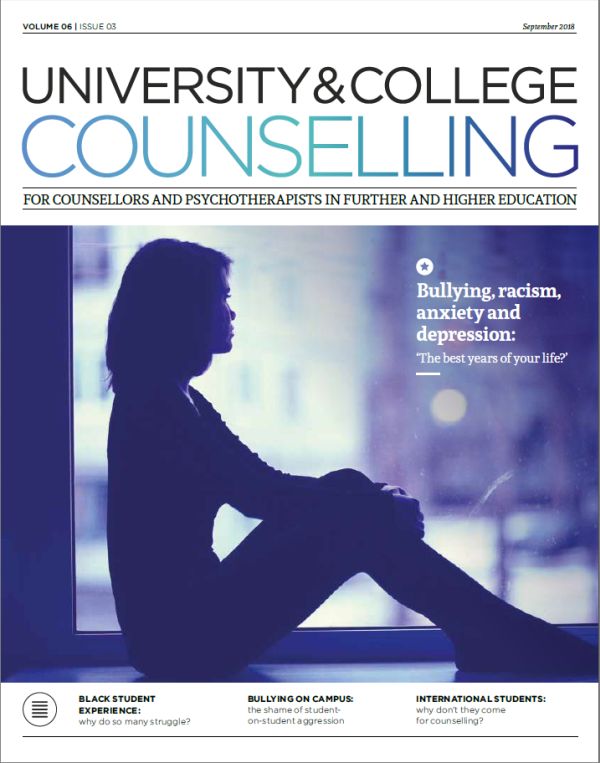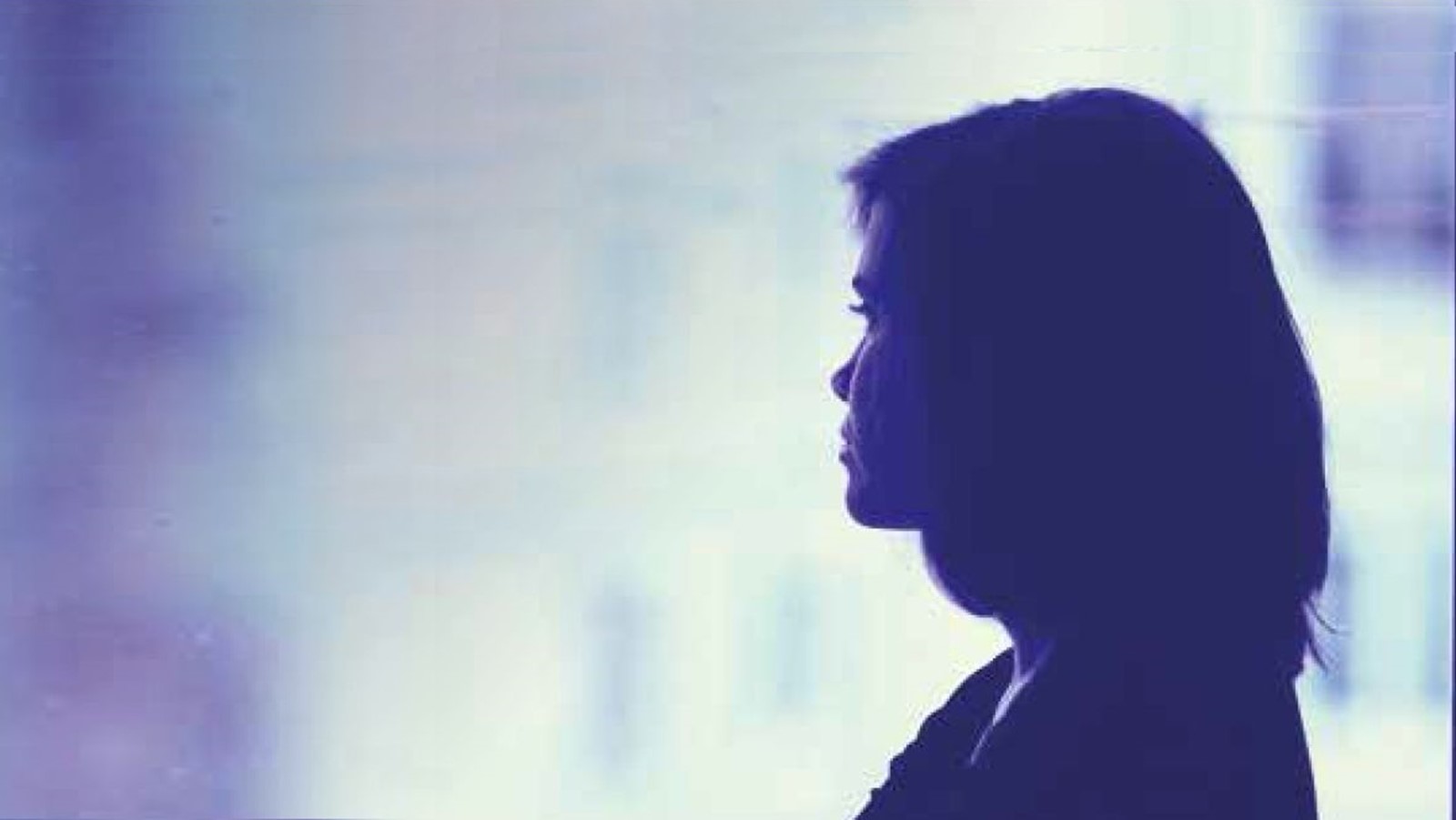In this issue
Features
Supporting black British university students. Part one: understanding students’ experiences with peers and academic staff (free article)
In the first of two articles, Douglas Guiffrida and colleagues explore factors impacting on black students’ experience of HE
Bullying among students in further and higher education: the role of counsellors in addressing the issue.
Helen Cowie and Carrie-Ann Myers shine a light onto a disturbing, under-acknowledged aspect of campus life
Why students need compassion: compassion focused therapy in the university setting
Kate Joseph and Chris Irons outline a model for helping students to understand what drives distress and anxiety, as well as helping them to learn ways of increasing resilience
‘...it’s like a counselling service is our last choice, it’s our worst choice; sorry!’
Is lack of international student take-up of counselling a problem? Anne Bentley describes her growing awareness of how individual therapy may not always be the intervention of choice for all students
Ethical Framework 2018
Susan Dale draws our attention to the recently revised Ethical Framework, and highlights ways in which it now addresses the needs of trainees in our services
Regulars
Profile
Marilyn Benjamin
Notes from FE
Mary Jones
Notes from the Chair
Géraldine Dufour
Notes from HUCS
Alan Percy

A pdf of this issue is available in the University and College Counselling archive
From the editor
‘The best years of your life’. For a significant number of students, university or college will, indeed, be a wonderful, life-enhancing experience. Yet, the belief that student life should be a permanent high drives much unhappiness for young people who are not able to recognise that adapting to new situations takes time, effort and persistence, and that inevitably, there will be times when they feel stressed, homesick or anxious. Although individual expectations may be unrealistic, our institutions still have much work to do to become places where individuals are free to be themselves without fear of aggression or rejection.
In this issue, contributors explore some darker aspects of the student experience. Far from the glossy marketing images our institutions send out into the world, there are many students struggling because of lack of positive action to address issues which make their years at college anything but the ‘best of their lives’. As counsellors, we work every day with the fallout from these problems as they impinge on individuals. Can we, collectively, find a voice that feeds into campaigns and positive action to address these issues? That, surely, is a moral imperative for all of us.
Bullying on our campuses is under-acknowledged, and because of that, little is being done to brand it the unacceptable, antisocial behaviour it really is. International students are much less likely to seek support from counselling services than UK students. The experience of BAME students at predominantly white institutions is well researched, and persistently shows that they are more likely to drop out, get lower grades and feel less sense of belonging to the institution. These are facts. What are we doing about them? What active steps are our institutions – our services – we as individuals – taking to acknowledge and address these issues? One thing is clear: where structural inequality persists, mental health is inevitably affected.
The journal is a challenging read this time: let’s use our knowledge to influence key decision makers, to champion the lives of minority groups on our campuses, and to push for a climate where oppression of all kinds is addressed firmly, fairly and promptly.
David Mair
david.mair@bacp.co.uk
